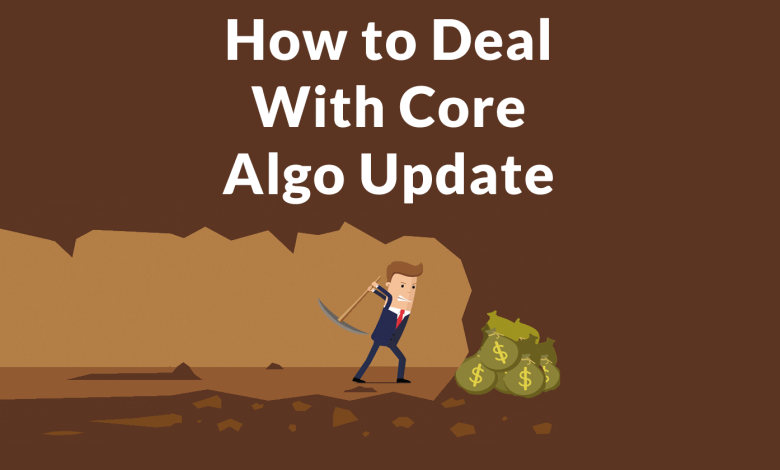
Google’s most recent update was unprecedented because the company stated there was nothing to fix. For the past few years, the SEO industry believed that core algorithm updates were targeting low-quality web pages, despite Google’s denials that anything special had occurred. The likely reason for Google’s statement was to prevent the SEO industry from speculating once again that Google was targeting low-quality web pages.
Google Says No Fix for Update.
What Are Your Options?
By saying there is nothing to fix, Google was likely indicating that this update was not “targeting” low-quality sites. In that context, the statement makes sense. Sites that lost rankings did not lose them due to signals of low quality. Therefore, there is nothing (like low-quality signals) to fix. But there may still be aspects to improve.

Remain Focused on Building Great Content?
Danny Sullivan, tweeting under the SearchLiason handle, offered some hope for those who suffered a loss in rankings by saying to "remain focused on building great content."
On the surface, that might sound unhelpful. What if your content is already great? What do you do then?
How to Fix What’s Not Broken?
Google stated that sites lost rankings because other sites improved their rankings, not because the sites that lost rankings were spammy or low-quality. The SEO industry often focuses on what went wrong with the sites that lost rankings. However, sometimes a site loses rankings because another site better satisfies user needs.
For instance, if Google’s clickthrough data shows that users prefer informational sites over commercial ones for a specific query, Google will promote informational sites to the top of the search results pages. If users searching for "baseball" are more interested in the game rather than the actual ball for sale, Google will rank informational sites about the game higher.
Regardless of how many links you obtain for your web page selling baseballs, Google will never rank it at the top if that’s not what users want to see. This is a ranking factor called User Intent. Google ranks web pages according to what users want to see.
So, if Google improves its understanding of user intent, a site that lost rankings will have lost them to a site that addresses a different user intent.
It’s Likely About the Winners, Not the Losers
For this update, it’s crucial to study the winners. The SEO industry often focuses on the losers, speculating on whose site Google targeted for removal from the SERPs. However, as evidenced by this update, that is not always the case. Google is not always “targeting” low quality.
In this update, it is clear that Google is trying to rank the sites that best meet users’ expectations when they make a search query.
So, rather than study the losers for clues about this update, it makes more sense to study the winners.
This Algorithm Update is Different
This situation is similar to past instances. Google spokespersons like Gary Illyes have consistently denied that such updates targeted anything specific. When pressed to name updates like this one, Gary jokingly suggested naming it after his pet fish, Fred.
Google updates its core algorithm almost daily, and previous updates, such as Fred and Phantom, were largely based on unreliable anecdotal evidence rather than official announcements.
This algorithm update is different because it was officially announced as a broad core algorithm update, indicating a major change in how the algorithm functions.
How to Study the Winners for Clues
For this update, it’s essential to study why your competition is performing better. Look for common characteristics among the winners.
Examples of Questions to Ask:
- Do the winners have more name recognition? Sites with better name recognition may be preferred by users.
- Are the winners informational, educational, or commercial?
- Where are the sites located geographically? Sometimes queries tend to cluster in specific areas, and sites from those areas may satisfy users more.
- Does structured markup seem to matter?
- What is different about the winning pages compared to your pages?
Once you’ve identified the reasons why a site may have gained rankings, you can begin formulating a strategy. Remember, another site likely gained rankings because it satisfies user intent better. Identifying that user intent is crucial.
Wait for the Algorithm Rollback?
In my experience, Google sometimes rolls back certain parts of major updates. Google tests major changes before making them live. However, once an update is live, there often seems to be a rollback to minimize damage to innocent sites. This response to collateral damage or false positives can lead to sites regaining lost rankings.
It’s possible your site did not deserve to lose rankings and is a false positive. This rollback usually happens within ten days to three weeks, though in rare cases, it may take months. Therefore, before making changes to your webpage, it might be useful to sit tight and wait.


